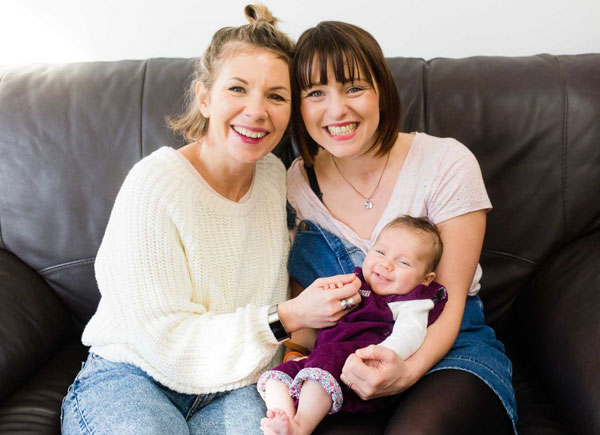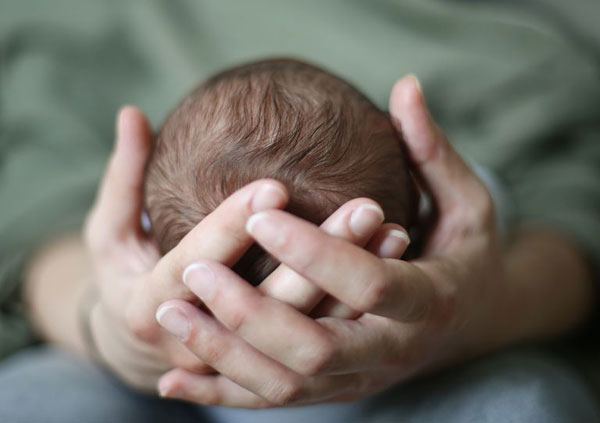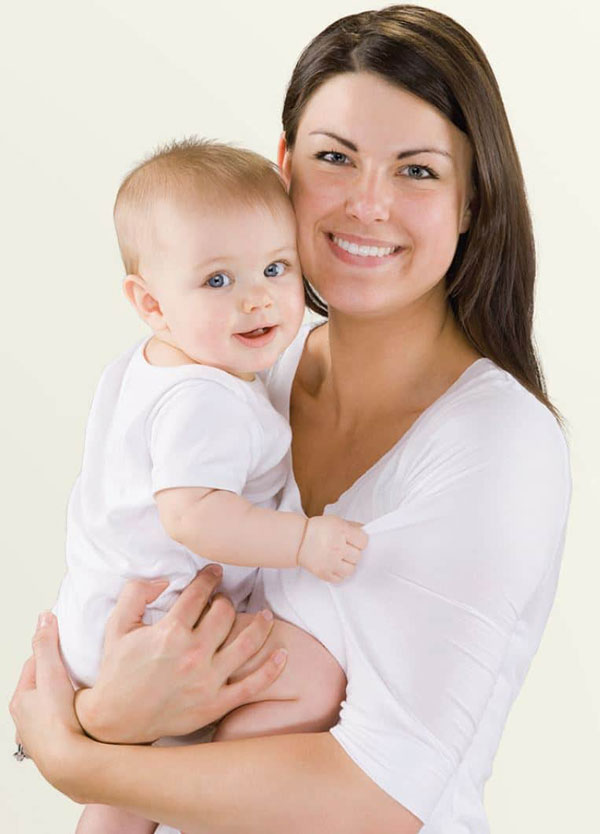
IVF Egg Donation

Deciding to Use Egg Donation: Delhi IVF Clinic's Approach

Donor egg IVF treatment, as the name suggests, is a type of fertility treatment in which the eggs of a young and healthy woman (donor) are used to produce embryos that are further transferred to the recipient woman's uterus in order to help her conceive. The recipient female further carries the pregnancy to the desired term and eventually gives birth to the baby.
Donor egg IVF is a form of fertility treatment where a young, healthy woman's eggs are used to produce embryos that are transferred to a recipient woman's uterus to establish a pregnancy.
We at Delhi IVF Clinic, offer our patients with two distinctive IVF egg donation programs. One is the standard egg donor program that includes the utilization of fresh donor eggs. On the other hand, the second one is the Eco Donor Egg Program (EcoDEP). It includes the utilization of frozen donor eggs.
The Delhi IVF Clinic was established 27 years ago. Since then, till now, we have treated and cured a considerable number of women with severely diminished ovarian reserve, which is also known as low functional ovarian reserve (LFOR), and other infertility issues. Well, this is the main reason why we managed to acquire the position of "fertility center of last resort."
We have also treated a majority of women who have experienced failed IVF treatments in the past. With our experience and expertise in treating infertility issues, out of all our patients suffering from LFOR and other ovarian diseases, thirty percent were able to conceive through their own eggs, and sixty percent experienced the joy of becoming a mother through our donor egg IVF treatment.
We at Delhi IVF Clinic strongly believe that IVF egg donation is a treatment of last resort. Our physicians believe in discussing and explaining to our patients all the reasonable fertility options that are available to them. Doing this helps us educate our patients, which further helps them understand what is suitable for them and lets them make informed decisions.
Also, we invest a lot of time educating our patients as we have noticed that too many women are forcefully pushed into egg donation prematurely. Hence, in order to avoid this from happening and to ensure that a female is willfully entering into a donor egg IVF cycle, we consider informing our patients. In addition, we also encourage our patients to at least give the IVF treatment a chance with their own eggs before trying it with the donor eggs.


Why is IVF egg donation the best fertility treatment?

This method is often recommended for women who have faced issues such as low ovarian reserve or multiple failed IVF attempts. At Delhi IVF Clinic, we offer both fresh and frozen egg donation programs, ensuring personalized care for each patient.
Donor egg IVF is considered to be the best fertility treatment as it offers the highest chances of getting pregnant in comparison to other fertility treatments. Well, the main reason behind this is the age, health, and fertility degree of the donor women.
We at Delhi IVF Clinic have a dedicated donor pool that includes eggs of women below the age of 30. And clearly, lesser the age, lesser the chances of the recipient's pregnancy miscarriage and other risks. The chances of conceiving constantly decline and the miscarriage rates increase in case the donor is above 30 years.
Clearly, no fertility treatment in this world can provide the best results in comparison to a 20 year old female's eggs that are being placed in a 40 year old infertility woman. This is because irrespective of the recipient's age, the chances of conceiving and risk of miscarriage are only limited to that of a 20 year old female.
Also, the age of the male partner will not be an issue as the quality of the embryo formed is not much dependent on the quality of the sperm (5%) but mainly depends on the quality of the egg (95%).

IVF Egg Donation Disqualifications: Screening to Ensure High Success Rates!

We would like to inform our potential patients that Delhi IVF Clinic has one of the largest egg donor pools in the world. In addition, we employ a very rigorous selection procedure and take care of all the religious ethics while making the donor eggs a part of our pool.
Not only the recipient females but also the donor females might wonder about the potential aspects that might lead to the disqualification of their eggs. At Delhi IVF Clinic, our egg donation criteria are based on several physiological, psychological, and other social conditions that might lead to a compromise in the health of the donor and the success of the IVF egg donation program.
Some criteria that might lead to a disqualification from the egg donation procedure are mentioned below.

- Inheritable genetic disorders
- Women suffering from infectious diseases or exhibit behaviors that increase the risks of infectious diseases
- Women with reproductive system disorders affecting fertility (PCOD or PCOS, endometriosis)
- Women who consume or used to consume alcohol, tobacco, and other drugs
- Overweight women
- Inability to commit to Delhi IVF Clinic's program responsibilities for donors
These criteria are mainly developed in order to ensure that all the religious, ethical, and other needs of our patients are completely satisfied and that they have no complaints about their future babies.
We would like to inform our patients that while selecting egg donors for the IVF egg donation program, Delhi IVF Clinic does not only consider what disqualifies a donor applicant but also considers the exceptionalities of potential donors. Apart from a good ovarian reserve, some important points include the ethnicity, religion, education level, artistic and creativity levels, athletic talents, etc. Conducting this rigorous donor screening program is extremely necessary for us as it helps us ensure that our recipients are being offered with the widest possible choice along with best possible pregnancy rates.

